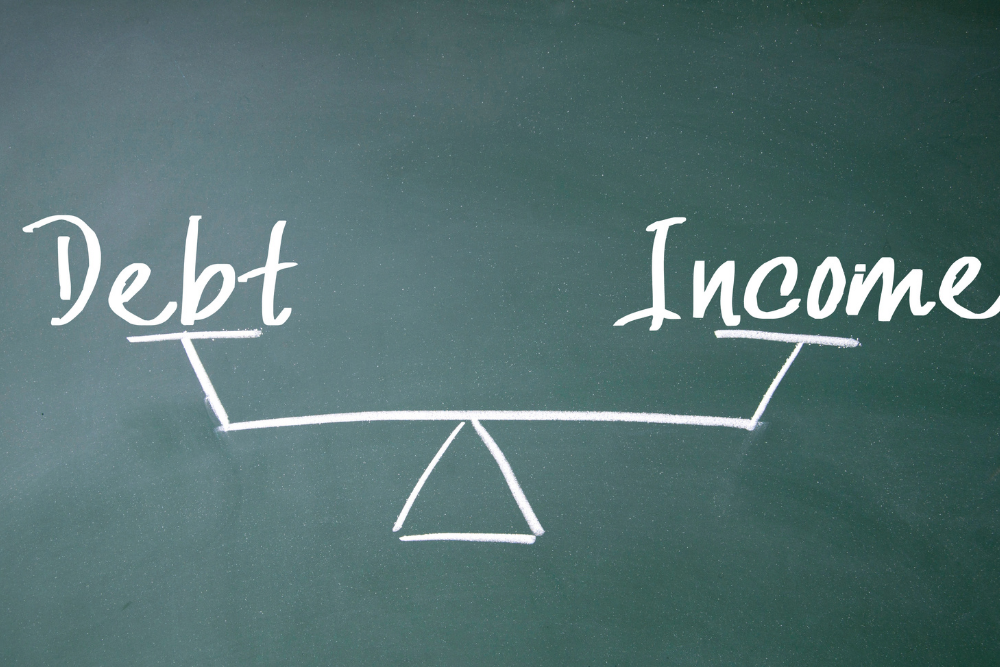Ready to buy a house? Before you shop for a home, consider shopping around for…

Your Quick Guide to Closing
You’ll hear the term closing thrown around when it comes to the last phase of buying a home, but what does it entail for you financially? Closing is when property title officially passes from the seller to you, or it is the final step of your refinance before you receive the funds. A closing agent will usually oversee this process, and it often takes place at an escrow office or title company. During closing, you will sign various legal documents and pay closing costs. We’ll delve into the particulars of these costs below.
Overview
While many buyers are familiar with closing costs, they can be surprised by how much they end up paying. Closing costs are, mostly, covered by the seller, but the buyer pays on average between 2% and 5% of the home purchase price toward them. Closing costs include fees regarding: the property, the loan, mortgage insurance (if you have it), property taxes, insurance, and other possible annual fees. The costs vary by jurisdiction, and buyers often choose to bundle these costs into the home loan. If possible, it’s suggested to pay upfront in one lump sum, as you will have to pay interest on any costs you bundle into the loan.
Fees Regarding the Property
When going through the process of buying a home and securing a loan you will go through both an appraisal of the home to make sure the asking price is justified, and a home inspection to ensure you’re not purchasing a “lemon” of a home. An appraisal can cost around $500, whereas a home inspection will range in cost between $300 to $500 depending on the size.
Fees Regarding the Loan
The application and underwriting process of a loan comes with their own sets of fees that can vary based on the requirements of your state and the type of loan you get. Typically, you will pay: an application fee to cover credit checks and administrative costs, the loan origination fee, the interest you owe between the date of settling and first mortgage payment, discount points, a commission to the broker (about 0.5 to 2.75% of house’s purchase price), and possible attorney’s costs.
Discount points are purchased to reduce the interest rate of the loan. Each point costs 1% of the loan amount. It’s often worthwhile to buy these only if you expect to stay in the home for a longer time.
Out of these costs, the loan origination fee and broker commission are the largest. The loan origination fee is a charge by the lender for evaluating and preparing your mortgage loan. Expect to pay about 0.5% of the amount you’re borrowing.
Mortgage Insurance Fees
If you have under 20% for your down payment you can still get some great loans, however, you will be obligated to pay mortgage insurance. Some mortgage insurance has upfront fees that will either cover the fee for the life of the loan or the first year. For those who qualify for a veteran loan, know that VA loan guarantee fees range from 1.25% to 3.3% of the loan amount, depending on your down payment.
The cost of mortgage insurance can vary according to the size of your home loan, your credit score, and other factors. You can use a PMI calculator to estimate the cost of possible PMI.
Taxes, Home Insurance, and Annual Fees
When buying a home, you will usually be required to pay two months’ worth of city and county taxes upfront. If you purchase a condo, the HOA may also ask you to pay your yearly dues upfront. Those buying a condo may have insurance bundled into this fee, otherwise, your lender will require you to purchase homeowner’s insurance before settlement.
More Questions? We Can Help
The loan and refinancing process and all its costs can be complicated, and parts of it can be unexpected. We make it clear and straightforward for our customers. If you have any questions or want more information, we’d like to help. To contact us, send an email to info@txvamtg.com or call 844-6-VA-LOAN.




